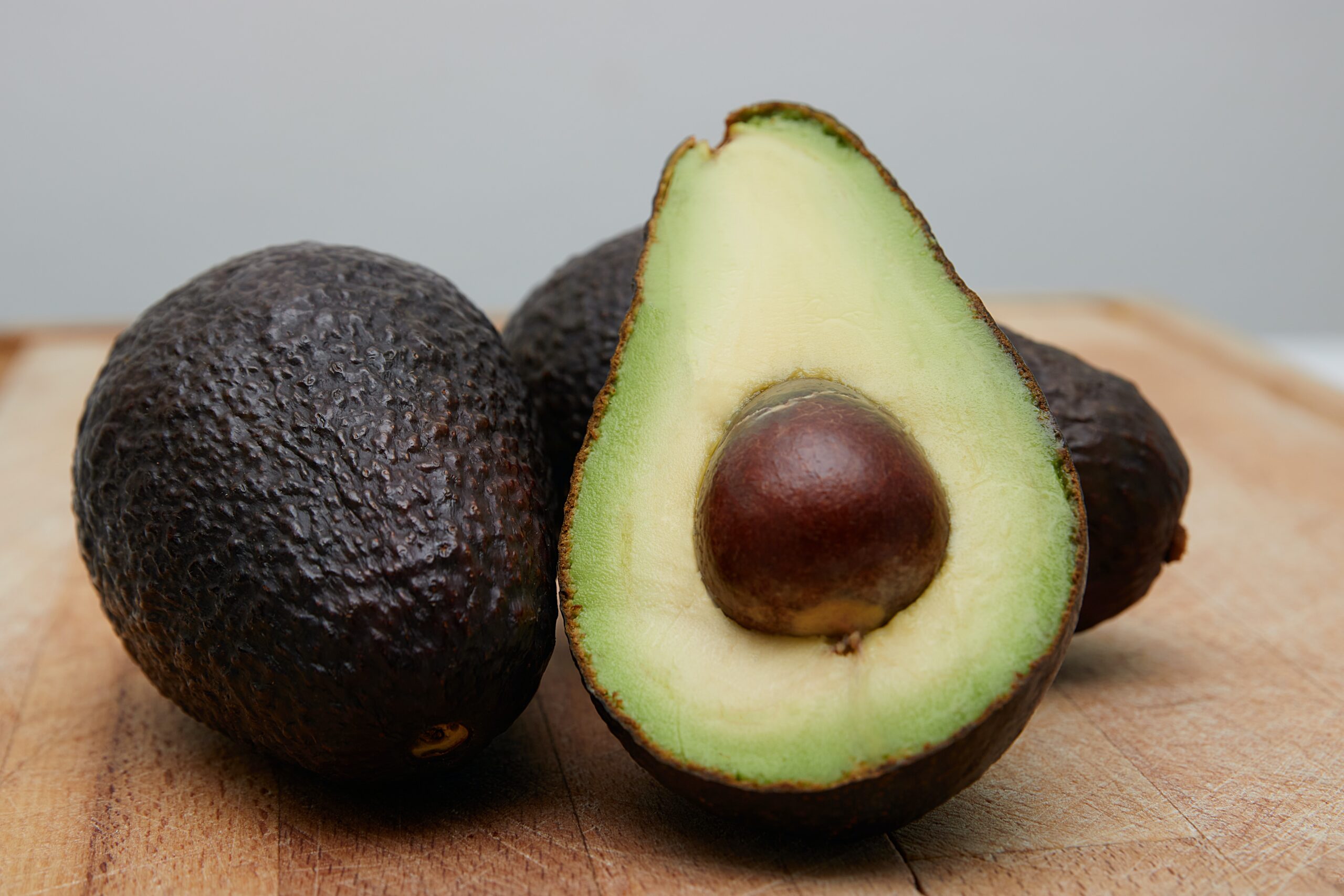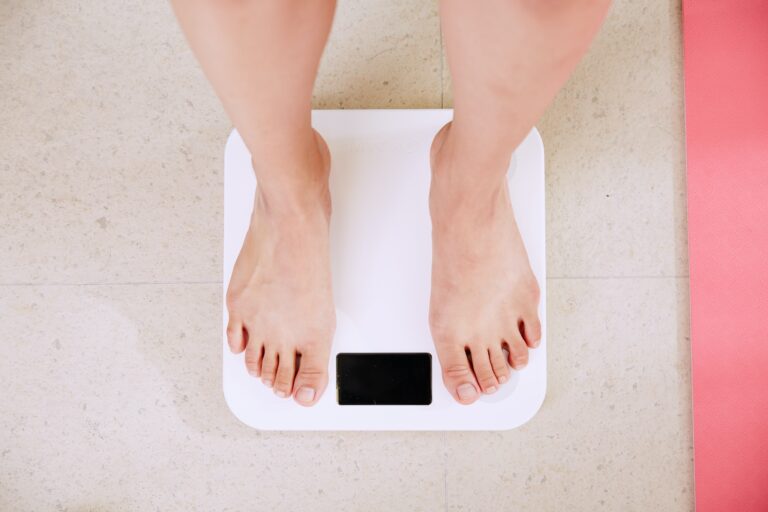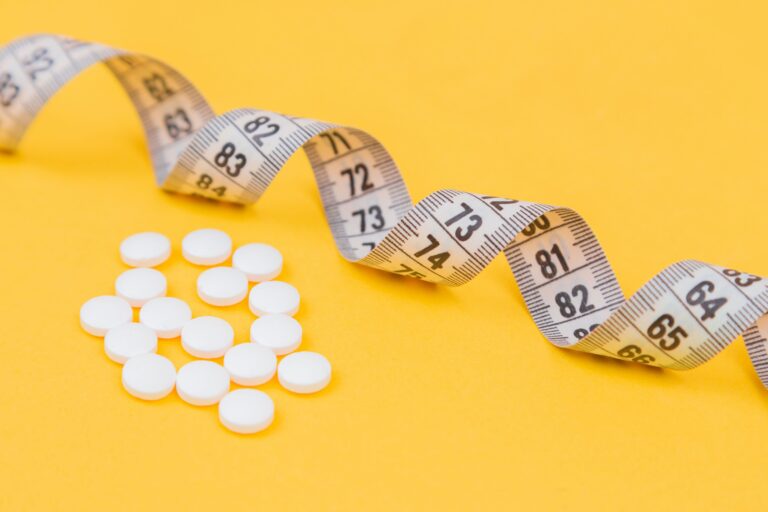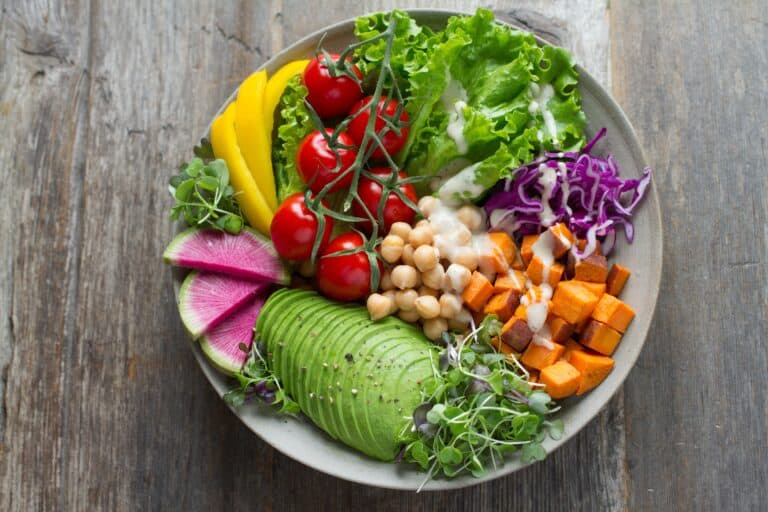Losing weight can be difficult when you have insulin resistance. Your doctor may tell you to cut back on calories and exercise more to lose a few pounds. But other medical advice states that you shouldn’t skip meals or exercise without taking certain precautions.
The good news is, some snacks are weight loss friendly and beneficial to people with insulin resistance. The best choice is avocado. Read on to find out what makes it the ideal option for losing weight with insulin resistance.
What to Look for in a Snack That’s Weight Loss and Insulin-Resistance Friendly
- Healthy Fats: Replacing saturated and trans fats with healthy fats can lower insulin resistance. They also lower inflammation which is a common symptom of insulin resistance and can increase the risk of diabetes, heart disease, and high blood pressure.
- Fiber: Foods with fiber are filling so you snack less. Fiber is also known to reduce the risk of type 2 diabetes and heart disease.
- No Added Sugar: Research suggests that added sugar aids with the development of fat cells that are less sensitive to insulin. It makes the body store more fat which is not conducive to weight loss.
- Nutrient Dense and Low Glycemic Carbs: Carbs are an important part of a healthy diet that supports insulin resistance. Studies show that eating healthy carbs improves post-meal glucose levels in people with insulin resistance. Whole fruits that contain carbs may also reduce the risk of type 2 diabetes.
What Makes Avocado the Best
When it comes to healthy foods that support insulin sensitivity, avocado ticks off all the boxes. It is the only fruit with healthy fats. It is a good source of fiber. It only contains 1 gram of sugar which does not affect glycemic response. It contains carbs that mostly consist of fiber.
One 2022 study looked at how eating one avocado a day affected heart health, metabolism, and diet. It was shown that eating an avocado did not affect belly fat accumulation, body weight, or fat in the liver despite the extra calories. The research suggests that avocados are beneficial to diet quality.
One serving of avocado contains 4% of the Daily Value of magnesium which helps regulate blood glucose levels. It also aids in energy and protein production.
Other Tips for Losing Weight While Managing Insulin Resistance
- Include exercise in your daily habits by parking far from your destinations and taking the stairs instead of the elevator
- Get an adequate amount of sleep
- Limit or eliminate alcoholic beverages
- Increase your fiber intake
- Find healthy ways to manage stress
Losing weight and managing insulin resistance is not easy. Avocados may be the perfect solution. They are rich in fiber and magnesium and low in sugar.
How will you be adding avocados to your dietary routine?










